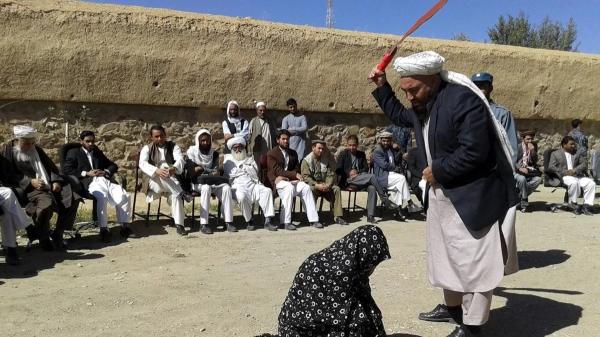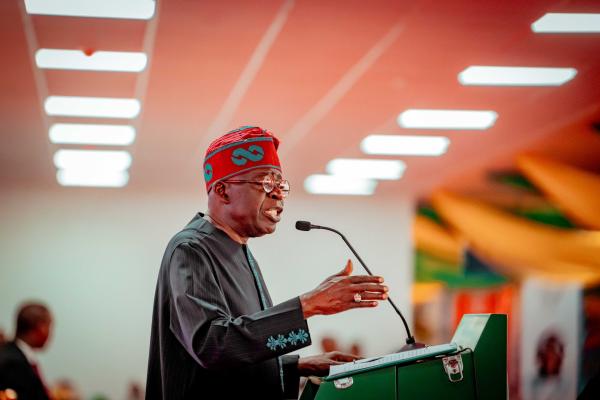
Minister of Industry, Trade and Investment, Mr. Olusegun Aganga
The federal government has approved a new funding mechanism that will ensure that cotton, textile and garment companies access long-term, low interest loans to finance by unisales\�022 ""> their operations.
This is part of the new National Cotton, Textile and Garment (CTG) policy aimed at revitalising and boosting the growth and development of the cotton, textile and garment industry.
The Minister of Industry, Trade and Investment by unisales\�022 "">, Mr. Olusegun Aganga, disclosed this on Tuesday during the launch of the National Cotton, Textile and Garment Policy and the inauguration of a 17-member Implementation, Monitoring and Review Committee for the policy, in Abuja.
Aganga said the policy, which was a product of prolonged and comprehensive consultation with all the stakeholders in the industry, was expected to address all bottlenecks inhibiting the growth and development of the industry.
He added that it would improve the quality, quantity, production capacity, marketing and competitiveness of the players across the entire value chain; control the influx of fake and sub-standard textile and garments into Nigeria and improve the competitiveness of CTG across the nation among others.
“Extensive stakeholders’ consultation gave birth to the National Cotton, Textile and Garment Policy, which was approved by the Federal Executive Council (FEC) on December 17, 2014.
“In 2010, the federal government introduced a N100 billion Cotton, Textile and Garment Revival Fund, managed by the Bank of Industry (BoI) to reverse the ugly trend of collapse of the textile industry. The BoI in conjunction with the United Nations Industrial Development Organisation has appraised the performance of the fund, indicating that a substantial portion of it has been successfully disbursed,” the minister said.
He added that: “We have, however, obtained presidential approval for some aspects in the policy such as the conversion of the loan, given to the BoI by the federal government for on-lending to CTG companies, into federal government’s equity in the bank.
“This will make it possible for BoI to elongate the period of the fund which was billed to end in 2017. It further puts the BoI in a position to review the interest rate downwards. Already, a number of the beneficiaries of the CTG fund have had their loan tenor elongated while their interest rates have been reviewed downwards. This will go a long way in alleviating the burden on CTG companies, especially those in the northern part of the country.”
The minister explained that the federal government had given priority attention to the revitalisation of the cotton, textile and garment industry due to its huge job creation potentials.
Aganga added that as part of the new policy, all military and Para-military institutions and government-owned institutions would purchase only made-in-Nigeria fabrics in order to boost local patronage and support the growth of the value chain across the industry.
“This is the first time in the history of the country that we have a comprehensive policy that cuts across the entire value chain from farm to fashion. Also, the policy addresses the major problems militating against the power sector, smuggling and counterfeiting,” he said.
Speaking during the event, the President, Manufacturers Association of Nigeria (MAN), Dr. Frank Jacobs, described the new CTG policy as “the requisite compass” for revitalisation and growth of the cotton, textile and garment industry in Nigeria, adding that MAN would do everything to support the implementation of the policy.
“For us, the CTG policy is another milestone towards Nigeria’s industrial revolution because it shows a clear and integrated approach towards complete revitalisation and growth of the industry across the entire value chain,” he stated.
Also speaking during the event, the Chairman of the Nigerian Textile Manufacturers Association, Senator Walid Jibrin, said: “For over 40 years of working in the textile industry, this is the first time we are having a truly realistic and comprehensive policy for the sector.”






















